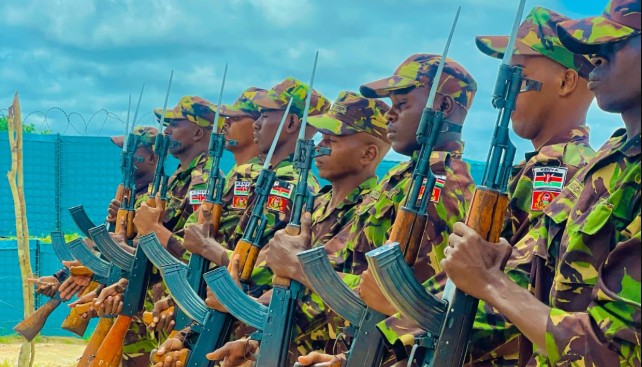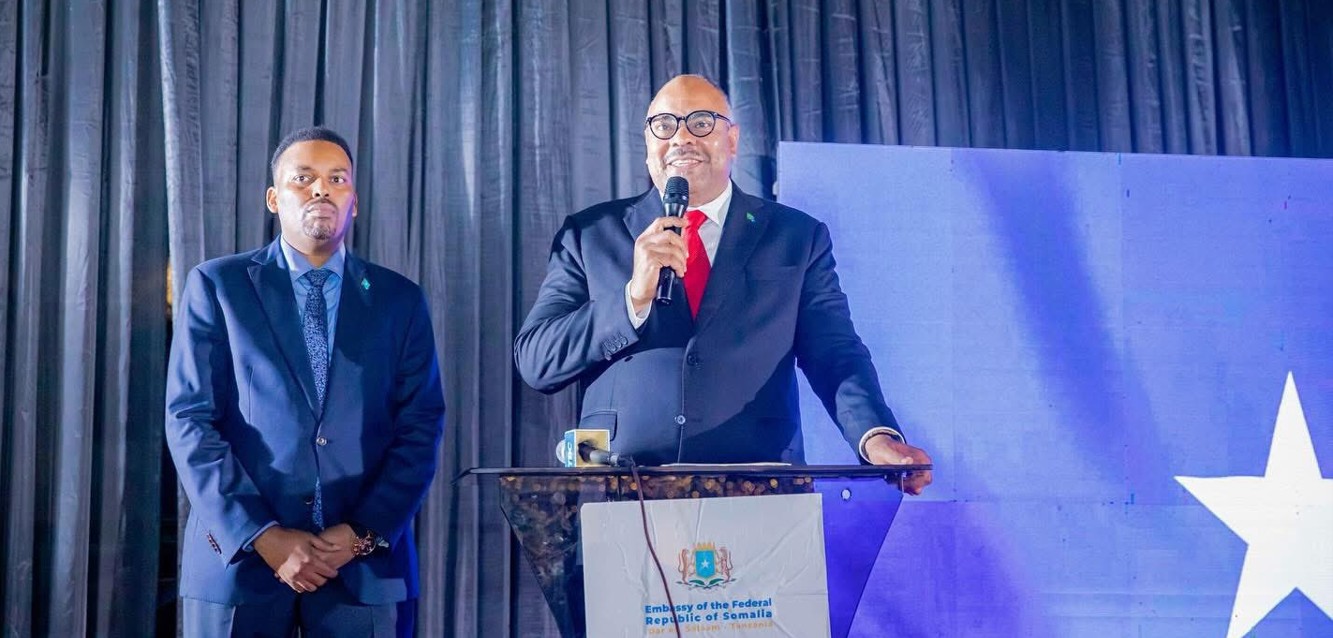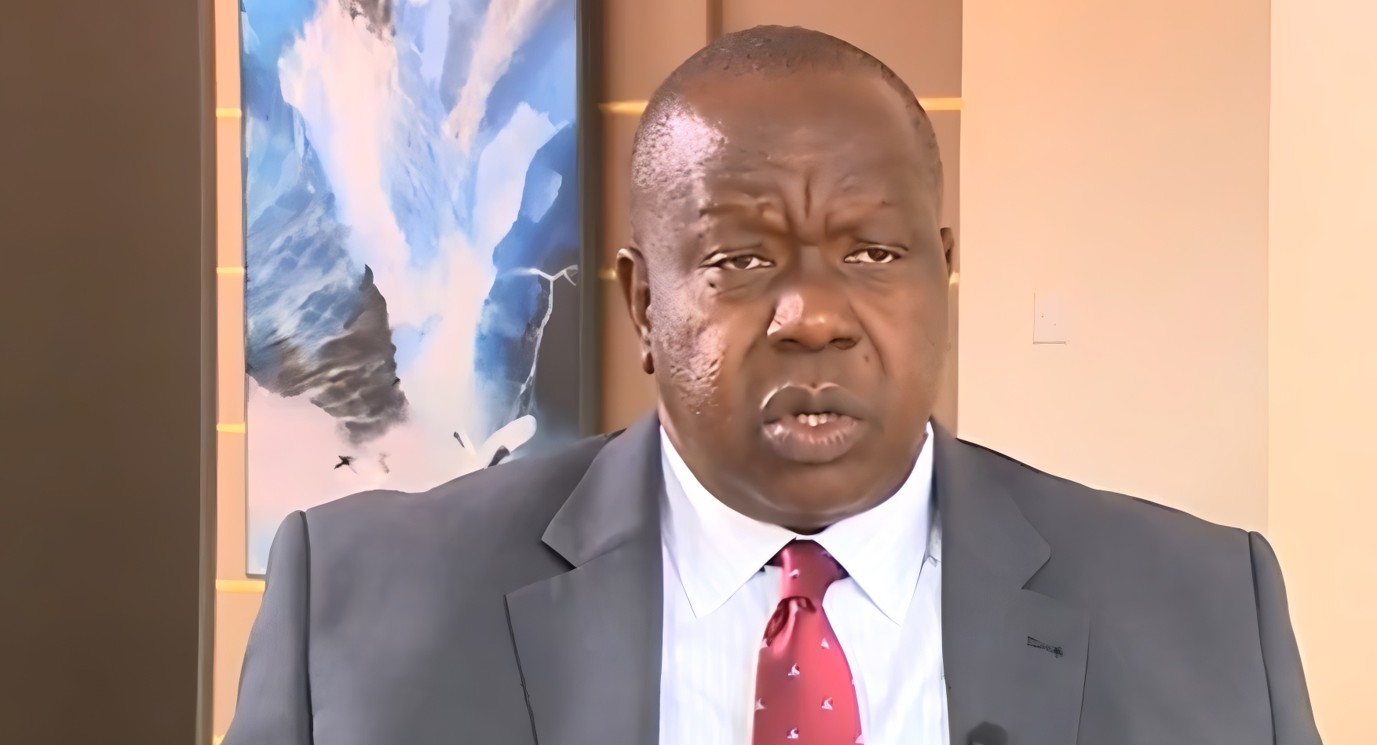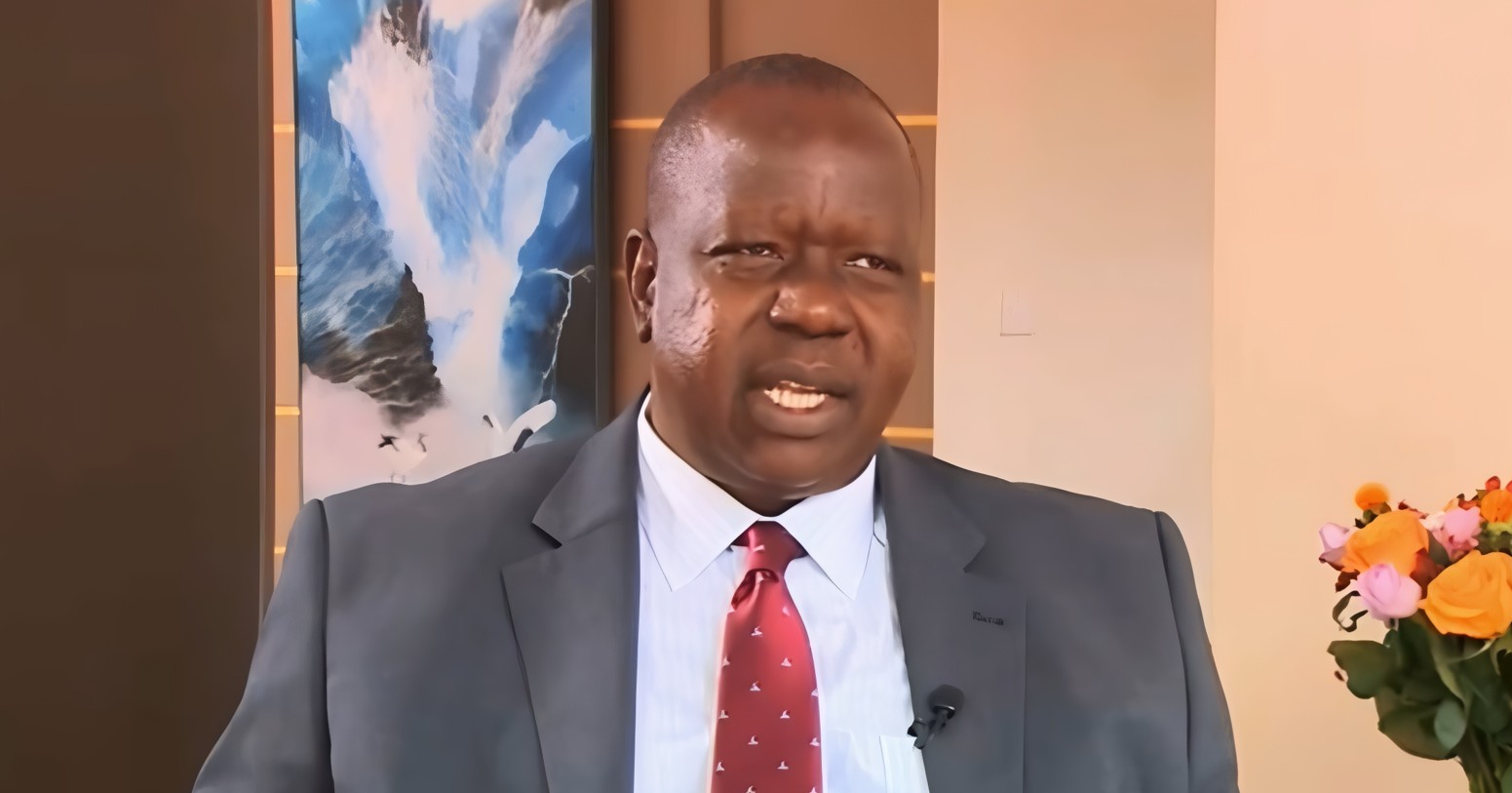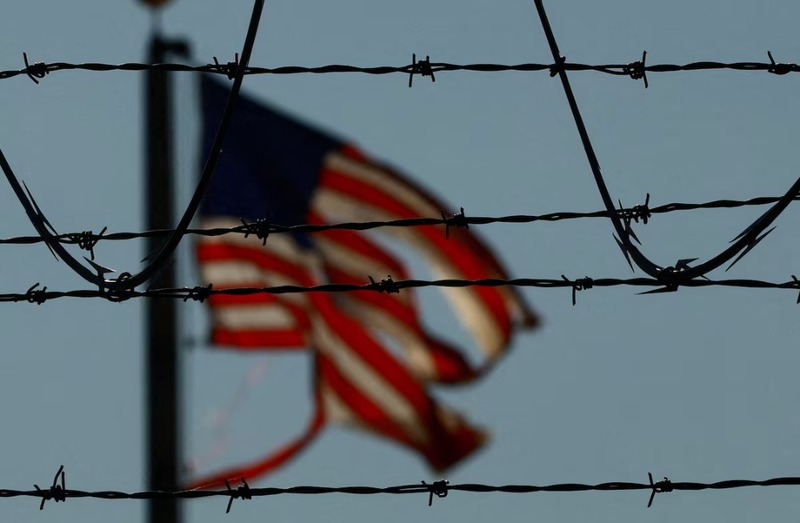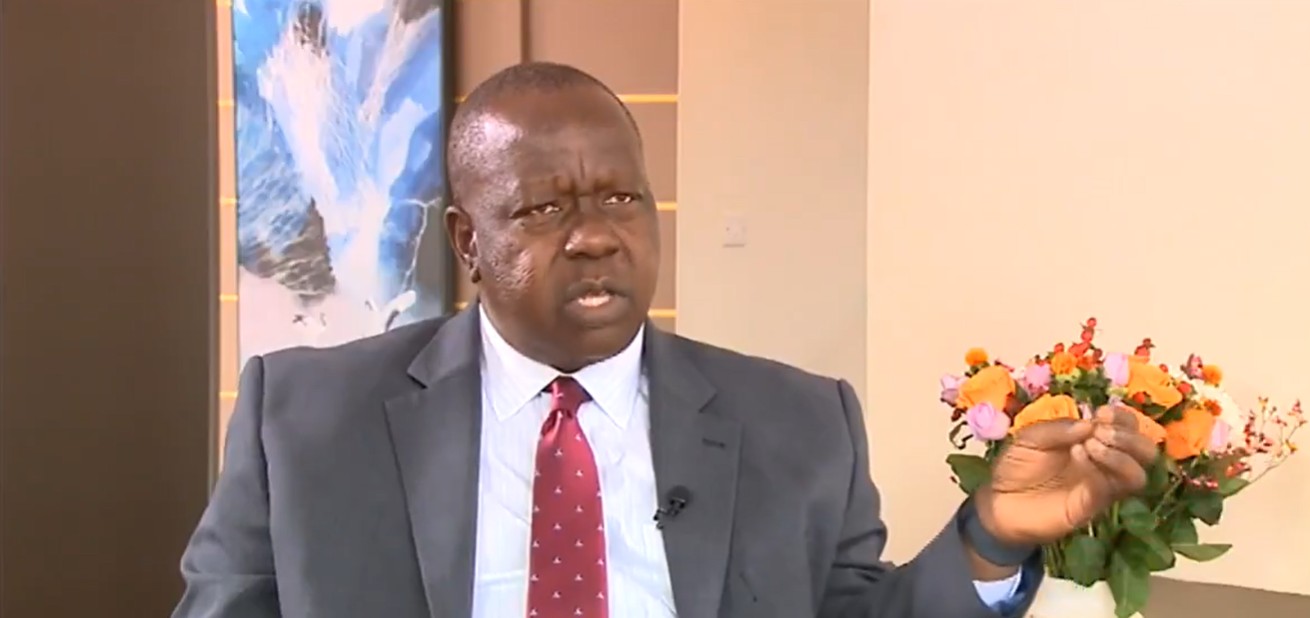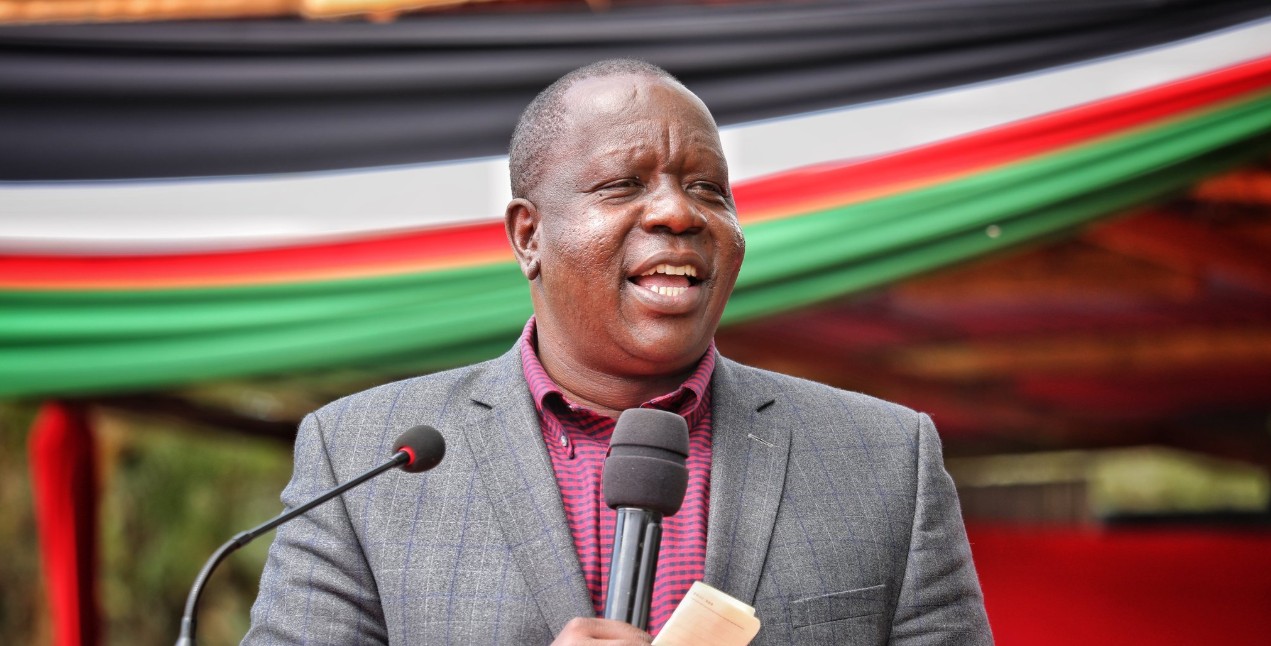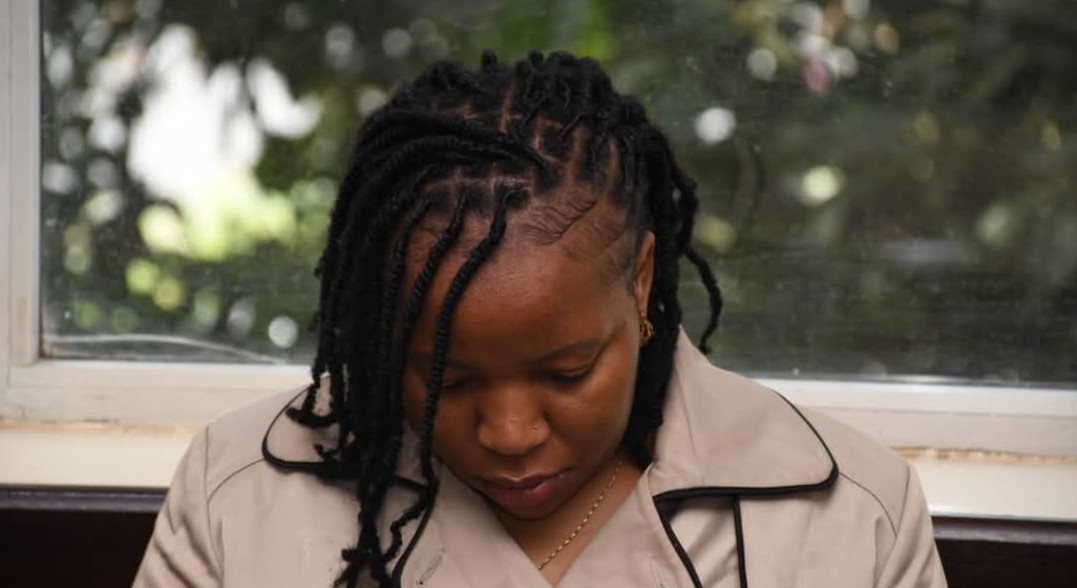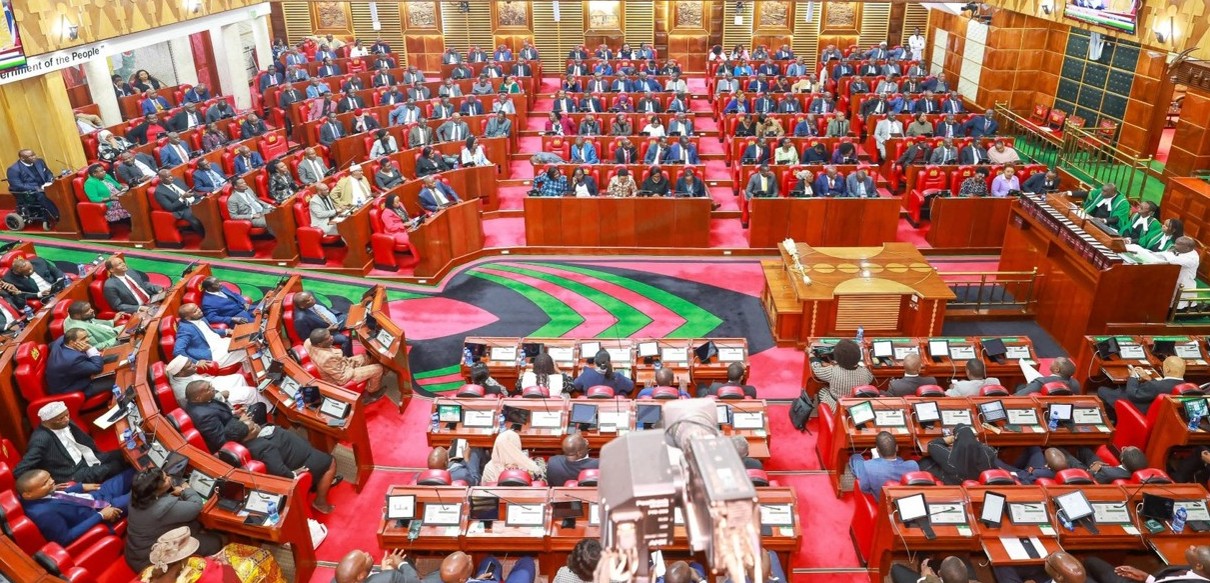2024 records highest cases of extrajudicial killings in last six years, Missing Voices report reveals
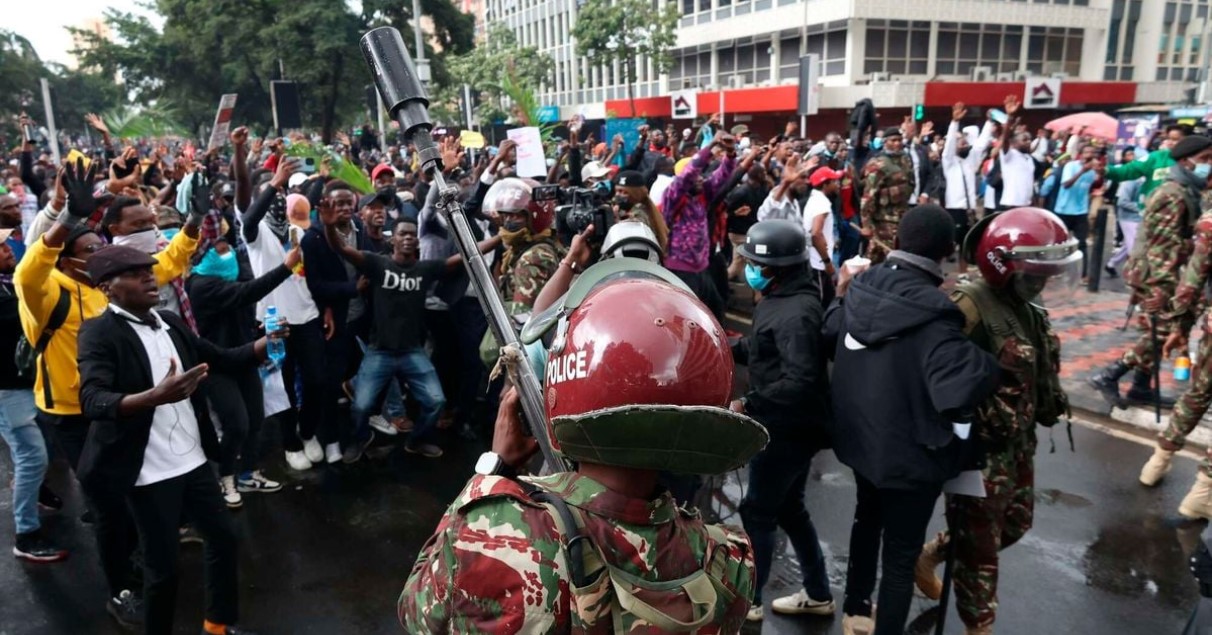
Nairobi was the deadliest county for extra-judicial killings followed by Kiambu and Migori.
Cases of enforced disappearances linked to the police increased nearly five times last year, a period that also recorded the highest extrajudicial killings in the last six years.
This is according to the annual Missing Voices Report dubbed Brutal Policing, which was released by human rights organisations on Wednesday.
More To Read
- High Court orders IG Kanja to produce missing lawyer Ndiangui Kinyagia or explain his whereabouts
- At least four officers in every riot unit carry live firearms, Charles Owino reveals
- MPs push for Interior CS Murkomen’s ouster over 'shoot to kill' remarks amid public outrage
- TikToker Geoffrey Chesoni recounts harrowing abduction, torture by suspected state agents
- Matiang’i calls for public inquest into extrajudicial killings
- "I just want my son back", a mother's plea for help after alleged abduction by DCI officers
Missing Voices is a coalition of local and international human rights organisations that track police excesses in the country and support victims in getting justice.
According to the report, June and July were the deadliest months as they were in 2023. Nairobi was the deadliest county for extra-judicial killings followed by Kiambu and Migori.
International Justice Mission (IJM)'s Country Director Vincent Chahale noted that Missing Voices documented a total of 159 cases of Extra-Judicial Killings (EJKs) and enforced disappearances in 2024.
"Out of the 159 cases, 104 (65 per cent) were incidents of police related killings, while 55 (35 per cent) were those of enforced disappearances. Less than two per cent of police related EJKs are in court, meaning that most victims of enforced disappearances were neither prosecuted nor allowed to demonstrate their innocence in a court of law. They have not received justice or compensation by the time of the report," he said at the launch.
The report shows that 2024 marked the year that the coalition recorded the highest number of cases of enforced disappearances. Before then, 2019 had the highest number of cases of enforced disappearances at 38.
Enforced disappearances increased by 450 per cent from 10 cases in 2023 to 55 in 2024. However, cases of police related killings saw a drop of 12 per cent from 118 in 2023 to 104 in 2024.
Most cases of extrajudicial killings were recorded during the Gen Z demos between June and August, with June recording the highest number of cases at 38, 11 July cases and nine in August, bringing police killings cases to 58 during the protest period.
"Nairobi county led with the number of killings at 38 cases, followed by Kiambu nine cases, Migori six, Kakamega and Nakuru had five cases each, while Makueni and Uasin Gishu recorded four cases of police killings," the report shows.
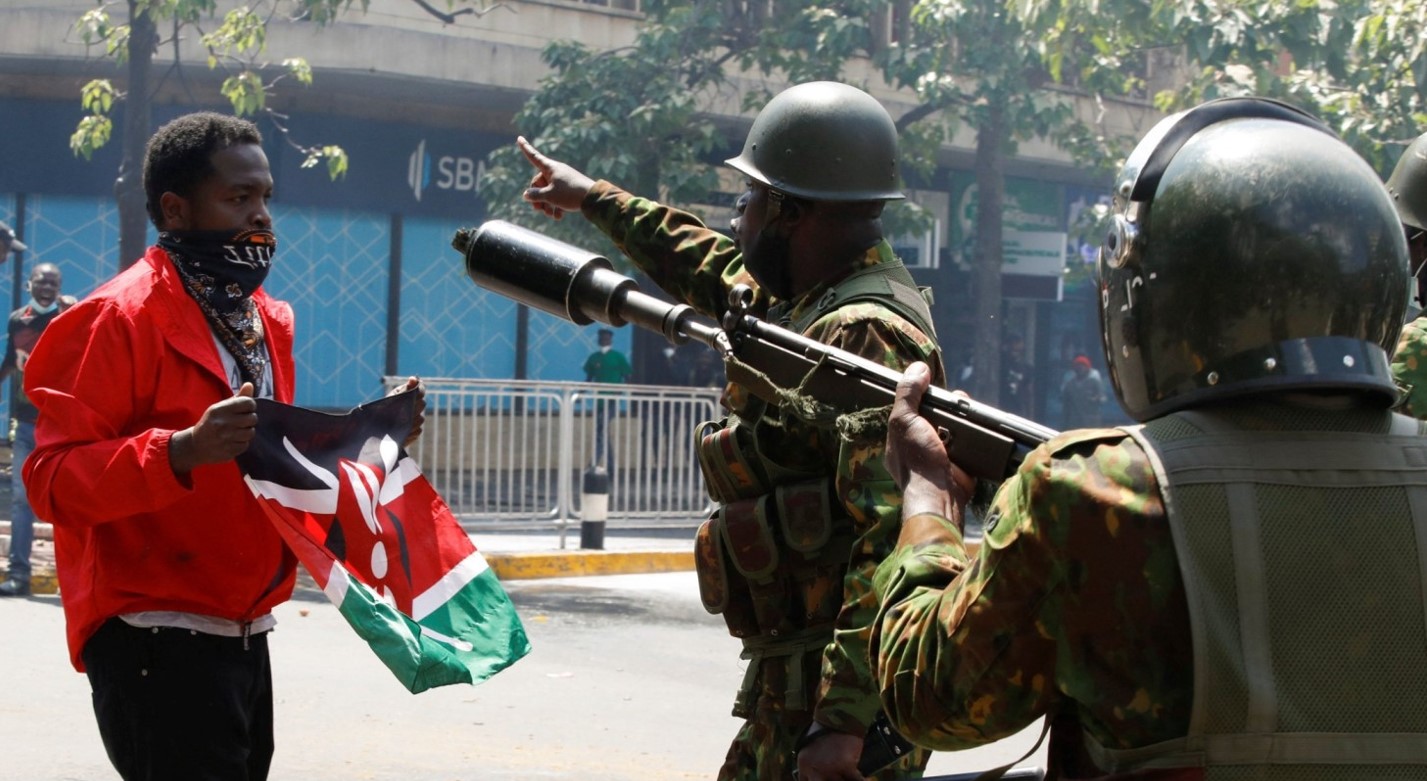 Police officers confront a protestor on June 25, 2024 during the anti-Finance Bill protests. (Photo: REUTERS/Monicah Mwangi)
Police officers confront a protestor on June 25, 2024 during the anti-Finance Bill protests. (Photo: REUTERS/Monicah Mwangi)
Most victims of extrajudicial killings were youth aged between 18 and 34 years old, accounting for 79 deaths, followed by adults at 18, and minors below 18 years were seven.
In terms of gender, 91 per cent of the victims of extrajudicial killings were men compared to nine per cent who were female
This shows that men, and especially young men, continue to bear the brunt of police killings.
The report shows that the 2024 enforced disappearance data exclude 36 members of Uganda's Forum for Democratic Change who were abducted in Kisumu on July 23 2024.
It also excludes 104 incidents of extrajudicial killings that saw 50 bullet-riddled unclaimed bodies in the City Mortuary reported to have been booked on July 25, 2024.
"While these bodies were booked at the height of the protest, Missing Voices has yet to verify and establish the link to police action independently," added Chahale.
The coalition says the manner of the killings remains suspicious.
At the same time, the report notes that while the Independent Policing Oversight Authority is probing 60 cases arising out of the protest, it is concerning that only two have been taken to court.
"It is worrisome that the majority of cases forwarded to ODPP arising from protests have either been returned for further investigation or closed, making it difficult to hold police officers to account for public order management violations," the coalition says.
The coalition is also deeply concerned about the excessive use of force, especially during election periods and consequential picketing and peaceful protests that frequently have ended in assault, grievous harm, and sadly, loss of life.
"Missing Voices recognises that police officers serve as custodians of law and order and should exercise their mandate per the established legal requirements," they add.
The report urges the National Police Services to undertake intense radical reforms that will ensure the non-reoccurrence of the violent policing seen in 2024.
It also urges the NPS to enhance community policing to bridge the trust gap between the public and security agencies.
The coalition further seeks IPOA and ODPP to urgently act on cases touching on command responsibility to address deaths during protests.
LSK President Faith Odhiambo on Baby Pendo's murder case: We continue to see inequality and injustice in our system. Some senior police officers are set aside, and charges are not meted out against them. Those officers being investigated should step aside and allow investigations… pic.twitter.com/pfM5xowLhK
— The Eastleigh Voice (@Eastleighvoice) May 7, 2025
Further, it urges Parliament to allocate funds to the Victim Protection Fund to adequately cater forreparations for all victims and families of extrajudicial killings and enforceddisappearances and the state to fulfil its commitment to ratify the International Convention for the Protection of all Persons from Enforced Disappearances that Kenya signed in 2007, and for Parliament to enact legislation to specifically criminalise enforced disappearances under domestic law.
The report also wants the Executive to implement the National Coroner's Service Act and establish the National Coroners Service to support independent investigations into all deaths.
At the same time, retired Chief Justice David Maraga termed the Missing Voices report (2024) as deeply disconcerting to any person with a conscience.
Noting that the report documents a sharp increase in incidents of extrajudicial killings and enforced disappearances last year, Maraga warned that this demonstrates a worrying trend of state-sponsored intimidation and suppression.
"Behind each statistic in this report lies a human story. The report gives an account not only of the anguish of parents and other family members who must live with the loss of their loved ones in the hands of the police and State agents and stories of persons who live in fear after the harrowing torture in the hands of the police, but also stories of bravery and courage as young people confront state impunity," he said in his speech during the report's launch on Wednesday.
He attributed the findings of the report to the root causes of poor policing and services that his taskforce on police and prison reforms established were resulting from poor training and preparedness, especially in human rights and accountability, both of which contribute to a culture of lack of accountability within the service.
"Reading through the report that we are launching today, one can see the connection between the core issues facing the National Police Service (NPS) and the concerns that are documented in the report," said the former CJ.
On her part, Law Society of Kenya (LSK) President Faith Odhiambo said the Report is not just a compilation of statistics but a mirror that reflects both the cruelty of impunity and the courage of accountability.
"Each data point represents a mother who's still waiting, a child who doesn't understand, and a system that still owes an explanation. This report is also a charge to action because law is not meant to be just read, it is meant to be lived and when the Constitution says 'every person has the right to life' it does not include an asterisk for when someone is poor, young, or inconvenient to the State," she said.
Top Stories Today

